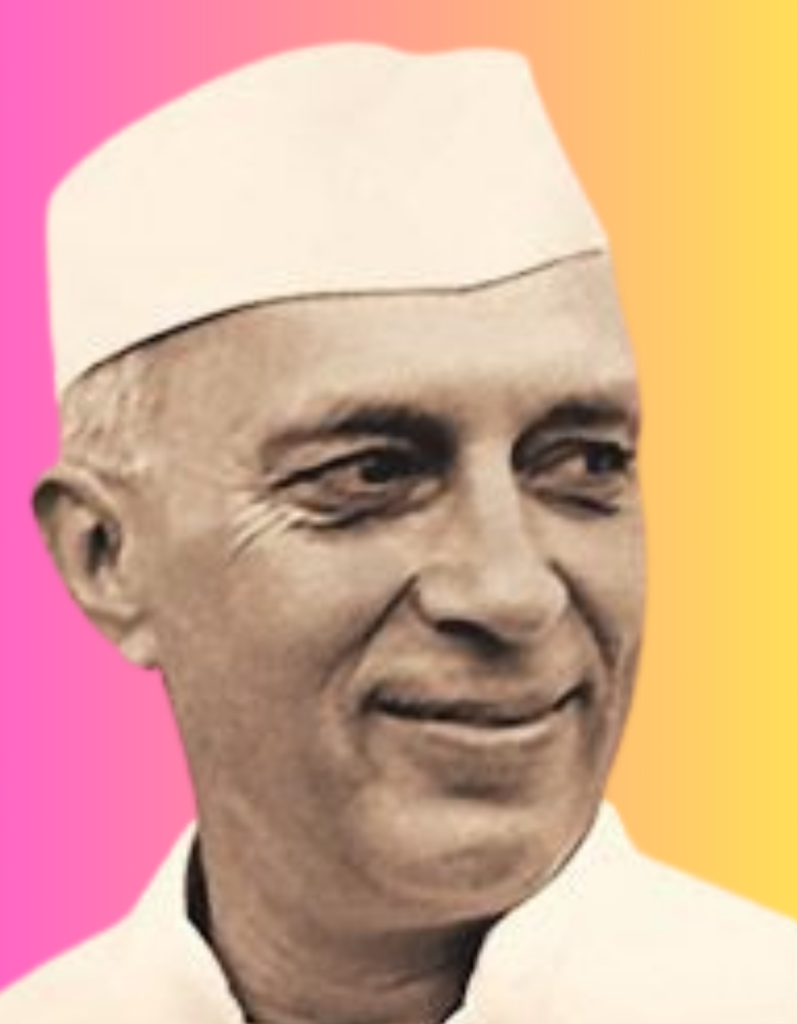India celebrates Children’s Day on November 14 of each year. The choice was made for this day to coincide with the birthday of Pandit Jawaharlal Nehru, the nation’s first prime minister and an ardent advocate for the education and rights of children. Pandit Nehru believed that since children are the country’s future, raising them would influence that future. He declared, “As the country’s future and its citizens of the future, children should be raised with care and love. They resemble garden buds.”
Therefore, on November 14, Children’s Day, also known as Bal Diwas, is observed in remembrance of India’s first prime minister and as a day to promote awareness of children’s rights and welfare.

India’s Children’s Day history
On November 14, 1889, Jawaharlal Nehru was born, and today is known as Children’s Day. November 5, 1948 was the original “Flower Day” in observance of Children’s Day. The first Children’s Day was observed on November 14, Nehru’s birthday, only in 1954.
Not long after Nehru’s death on May 27, 1964, the notion of celebrating Children’s Day on his birthday gained momentum. It was decided to observe his birthday as Children’s Day nationwide in observance of his legacy and his advocacy for children’s rights and education. In 1964, Children’s Day was observed for the first time.
Importance
“The children of today will make the India of tomorrow,” as Jawaharlal Nehru famously remarked. Raising awareness of children’s rights, needs, and welfare is the main purpose of celebrating Children’s Day. Children’s Day is observed to draw attention to the issues that still affect the nation’s youth, such as access to healthcare and education. But Children’s Day is also an occasion to honor the purity and happiness of youth.





